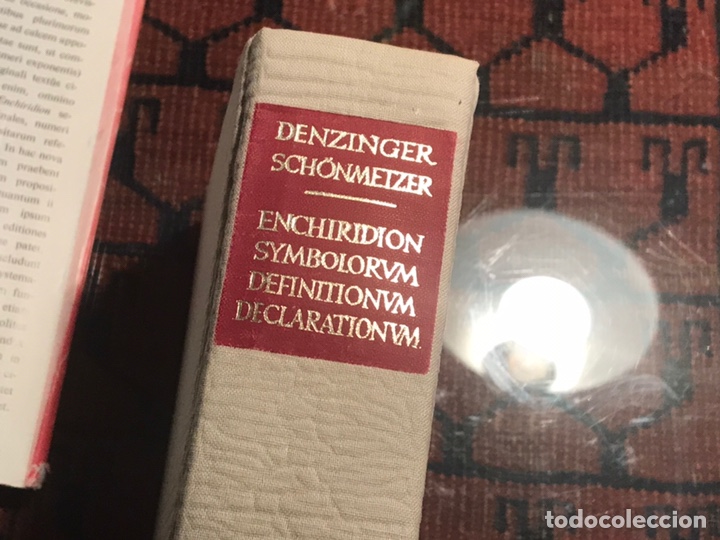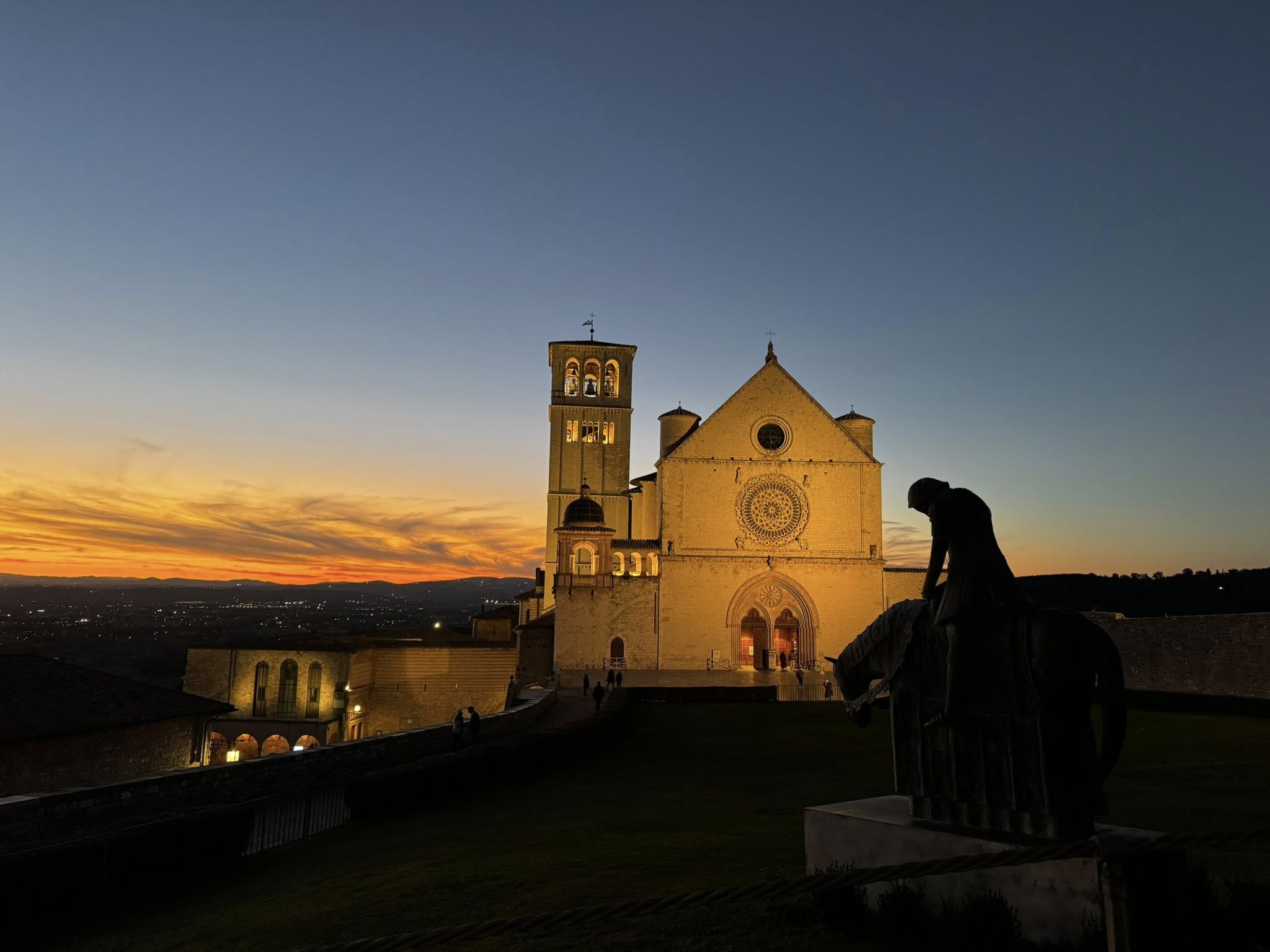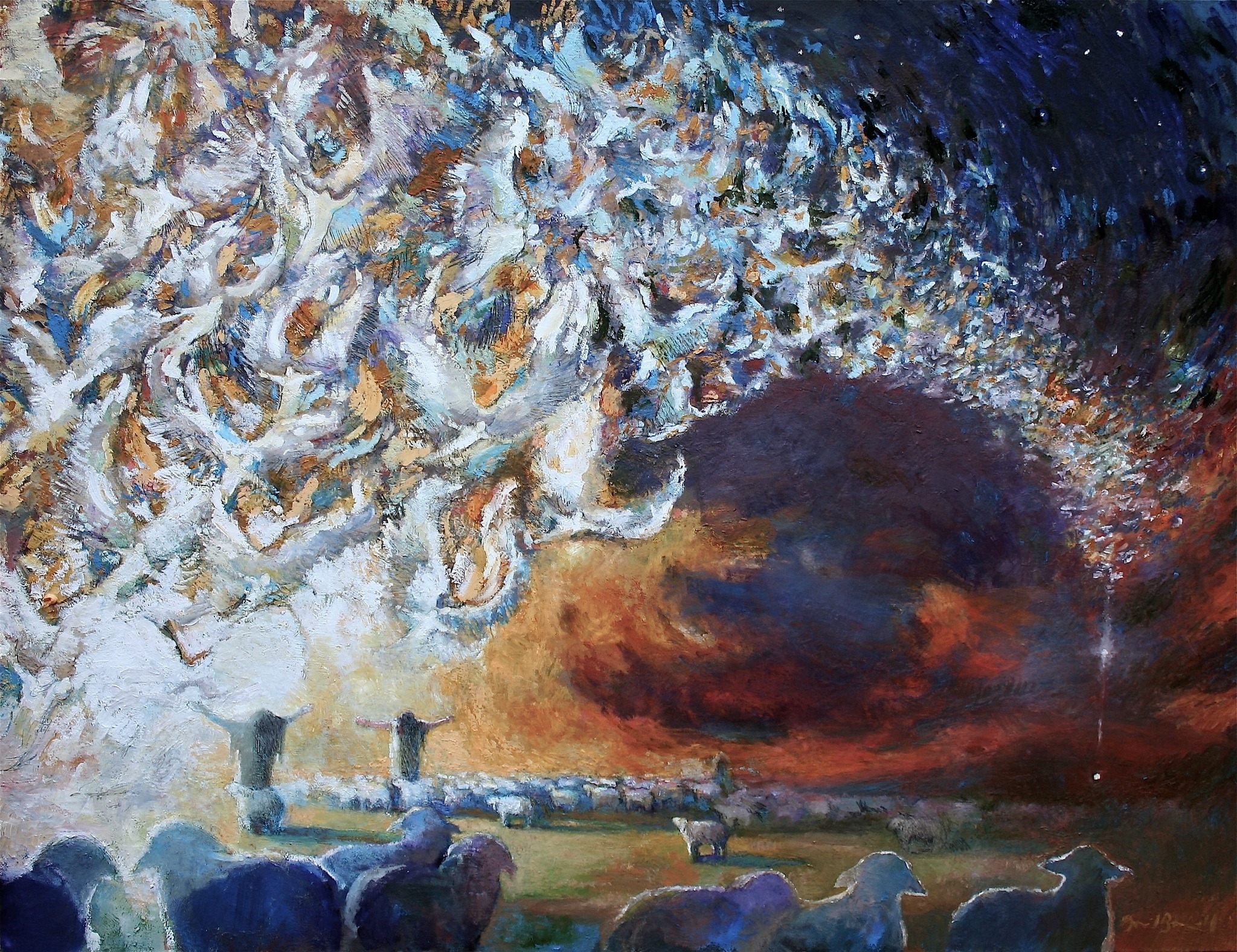Enrico Finotti
In the seminary, we were taught that the liturgy must be easily understood by the people, but often in its texts, there are technical terms, proper to systematic theology. In the new editions of the liturgical books, there is a continuous effort to propose translations that are more and more suited to common speech. How to respond to this need without indulging in an annoying and continuous change of language?
A pastor
One of the most common perplexities that are presented when talking about the relationship between dogma and liturgy is precisely that of theological language, considered incompatible with the pastoral intent of the liturgy, which should make use of current language as much as possible.
In truth, this need seems to be debated only in the ecclesial milieu by now and it would seem to be reduced to a legacy of the immediate post-conciliar period, when it was believed, in the somewhat hasty enthusiasm of the catechetical and liturgical reform, that every term must be drawn from daily use. (think of the translation of the Bible into the current language).
In today’s life, this problem no longer arises, but every social category adapts itself without hesitation and with great profit to the language imposed by the media: politicians use the complicated terms of politics, sociologists those of sociological and businessmen those of economics. The younger generations grow up from an early age with the encrypted set of media language. Even the elderly, exposed to an entire day of television, acquire the language and learn to communicate in that way.
We certainly do not want to justify this impetuous and deafening tide that flattens and empties everything, but only to observe that this difficulty with regard to the liturgy could be ideological.
It is, therefore, necessary to return to common sense and to introduce the faithful, from the earliest years of catechesis to the knowledge of the theological and liturgical language, transmitted in conjunction with the doctrine of the faith and the celebration of the sacraments.
The basic catechesis must be able to explain the most elementary theological terms (creation, revelation, incarnation, redemption, grace, transubstantiation, etc.) and Christian initiation teach the specific terms of the Catholic liturgy (worship, consecration, elevation, sacraments, etc.).
In this perspective it is the faithful who must be elevated to the understanding of the mysteries, rather than the mysteries being debased and weakened by a language devoid of gravity and which is inadequate.
A serious pastoral ministry, inspired by faith, will be able to easily and effectively lead the faithful to accept with respect and humility the venerable texts of the Catholic liturgy, in which the dogma shines forth, transmitted in the perennial language of the Fathers and of the entire liturgical tradition. The classic formulations of the Creed: “God from God, Light from Light, true God from true God” and the noble elevations of the prefaces: “And in proclaiming you as true and eternal God, we adore the Trinity of Persons, the unity of nature, equality in divine majesty” (Preface of the Holy Trinity) should not be a problem, but arouse a joyful and grateful welcome. (From La spada e la Parola. Il liturgista risponde, 2018©Chorabooks. Translated by Aurelio Porfiri. Used with permission of the publisher. All rights reserved)


 Follow
Follow

